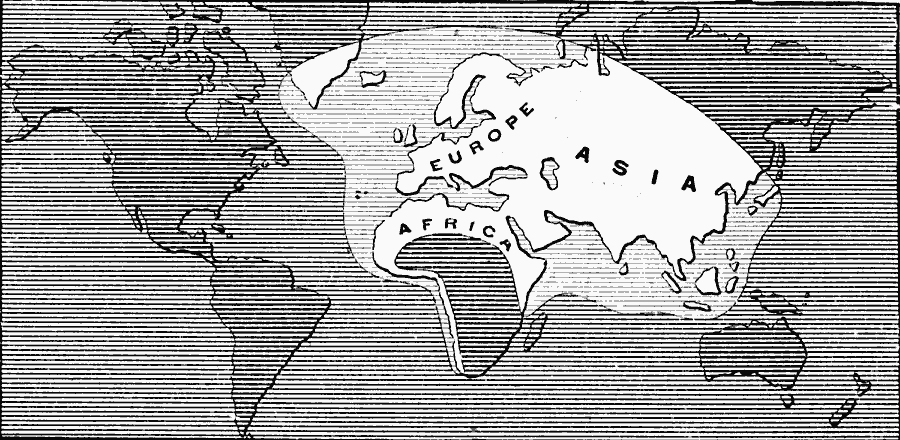We all use maps to understand the world. A person unfamiliar with a particular territory uses a map to get from one place to another, predictably.
We expect maps to be correct but sometimes they aren’t. If you have a map that shows LA between Chicago and New York City, it would not be a useful map because it does not represent reality accurately.
A Useless Map – All Maps Have Limits

The Word Is Not The Thing
In the same way we use maps to represent the world, we use words to represent things in the world. Sometimes the words we use create a useless map. These are platypus – mammals that lay eggs. We’ve assigned the word mammal to it.
The Evolution of Maps
The Thomas Guide is a three-inch thick book of maps making up a grid of Los Angeles. There’s one for Orange County and San Diego, too. It’s hard to imagine Southern California before the Thomas Guide. An area the size of Ohio and 15 other states saturated with roads and suburban sprawl. Imagine all the roads you can imagine. Now imagine a lot more roads.
Before smartphones, everyone who lived in Southern California had a Thomas Guide in their car. In its 56th printing it has gone from the status of most people having it to almost no one having it. Why? The phone is a better system.

A Better Map Inevitably Proliferates
As a map, the Thomas Guide was no match for a dynamic, interactive map on your iPhone. The phone knows where you are on the map, you can zoom in and out, you can see real time traffic, and, with satellite imagery, you can even see if where you are going has a pool.
Once there is a new and better map, the world adopts it eventually. For example, No one today would use a map from Columbus’s time when they thought the world was flat. Except we do.
Every time we look at a business as mapped by an income statement and balance sheet we are using a map from the time of Columbus. Those rowsets were invented in 1494. Then nearly 100 years ago the US government annointed CPAs to enforce them like a priesthood.
The more powerful the priesthood, the less art is expected from the individual preacher.
But first another poem.
[Next] – The Thinker and The Naught
[Prev] – The Art of Complicated Subjects


